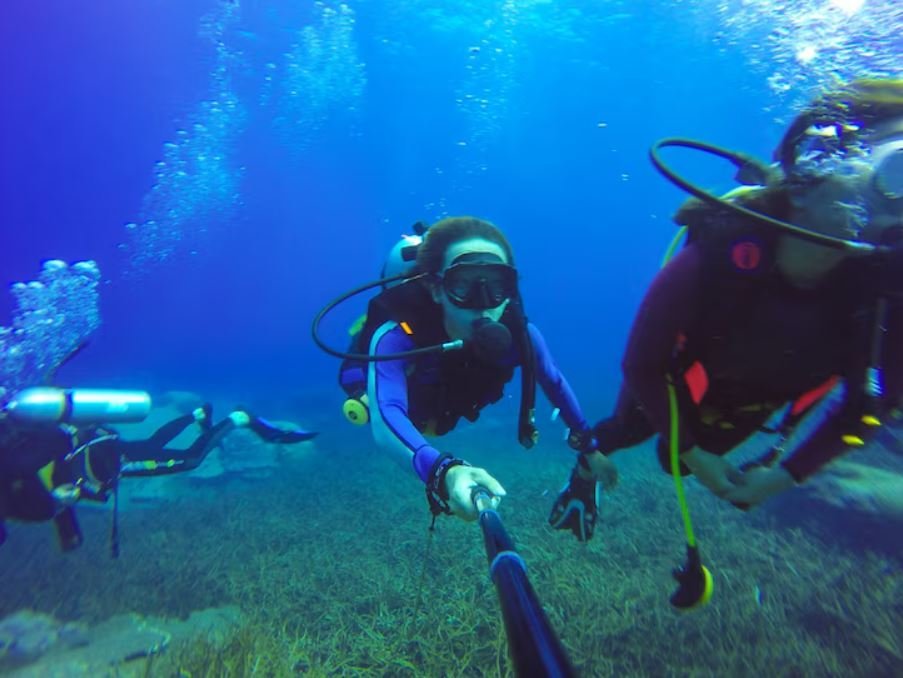Why Asset Dive Technician Certification is Essential for Scuba Gear Maintenance in Asia?
The scuba diving industry in Asia is booming, with destinations like Thailand, the Philippines, Indonesia, and Malaysia offering world-class underwater experiences. However, as the demand for safe and well-maintained diving gear increases, so does the need for highly skilled professionals to maintain it. In this context, technician certification becomes more than a formality—it becomes a critical aspect of operational safety and service reliability.
The Rising Importance of Qualified Gear Maintenance
Scuba equipment is life-support gear, and its proper function can be the difference between an enjoyable dive and a dangerous situation. Regulators, buoyancy control devices (BCDs), tanks, and valves all require regular inspection and servicing to remain in optimal condition. With the increasing number of diving centers across Asia, the need for professionally trained technicians is more urgent than ever before.
The Asset Dive technician certification Asia programs offer standardized training to ensure technicians meet global best practices. Certified technicians understand the mechanical systems behind dive gear, apply correct servicing protocols, and are trained to recognize wear and damage before it becomes a threat to divers.
Why Certification is Non-Negotiable
Diving gear manufacturers often require that their equipment be serviced by certified professionals to maintain warranties. This stipulation is especially important for commercial dive centers that manage a fleet of rental equipment. Having a certified dive technician on staff ensures that maintenance is done in accordance with the manufacturer’s standards, reducing liability risks and ensuring customer safety.
In Asia, where tourism is a major economic driver, dive centers cannot afford reputational damage due to poorly maintained equipment. A Asset Scuba gear maintenance certification provides the assurance that the technician has the technical know-how to disassemble, clean, reassemble, and test gear reliably.
Meeting Industry Standards and Ensuring Accountability
What separates certified technicians from general gear handlers is not just experience, but adherence to standardized processes. Certifications ensure uniformity in the way repairs and maintenance are carried out. This standardization is vital for dive operators who work with international clientele expecting high safety standards similar to those in Europe or North America.
Moreover, certification programs teach troubleshooting skills and maintenance planning, enabling technicians to prevent breakdowns before they happen. Preventative maintenance not only protects divers but also reduces long-term costs for dive centers by prolonging the life of their gear.
The Growing Market Demand in Asia
With the dive tourism market in Asia expanding rapidly, the job market for certified technicians is also growing. Resorts, liveaboards, and training facilities are seeking skilled technicians who hold recognized credentials. Certification can open doors to better career opportunities and international mobility within the dive industry.
In conclusion, pmitsupdates.com/divetechniciandemo1/ plays a crucial role in promoting safety and excellence in scuba equipment servicing by offering internationally recognized Asset Dive Technician Certification programs in Asia.


